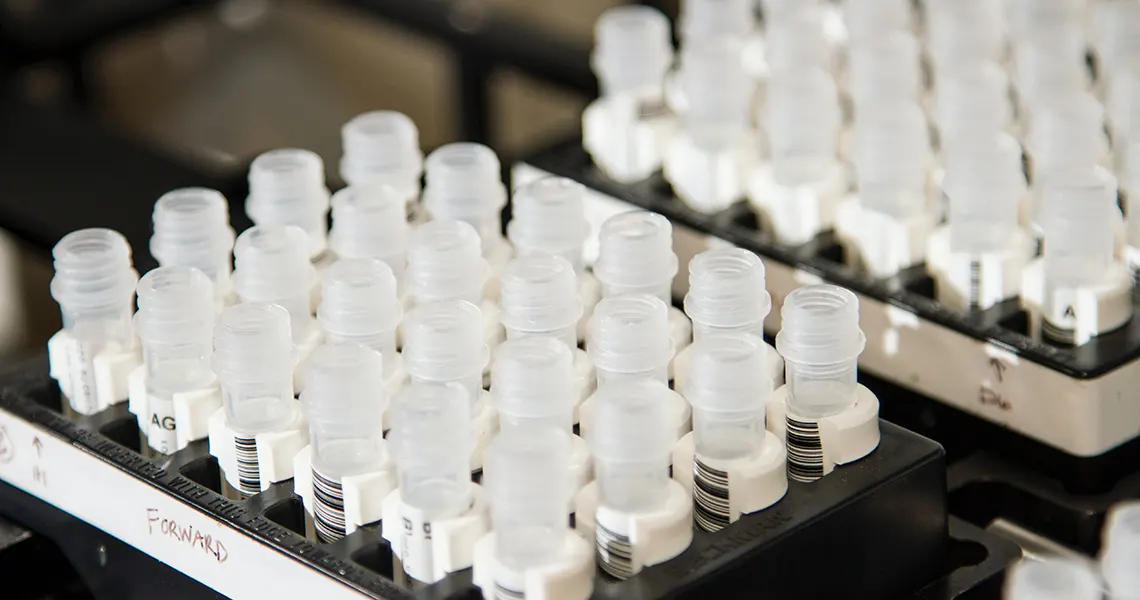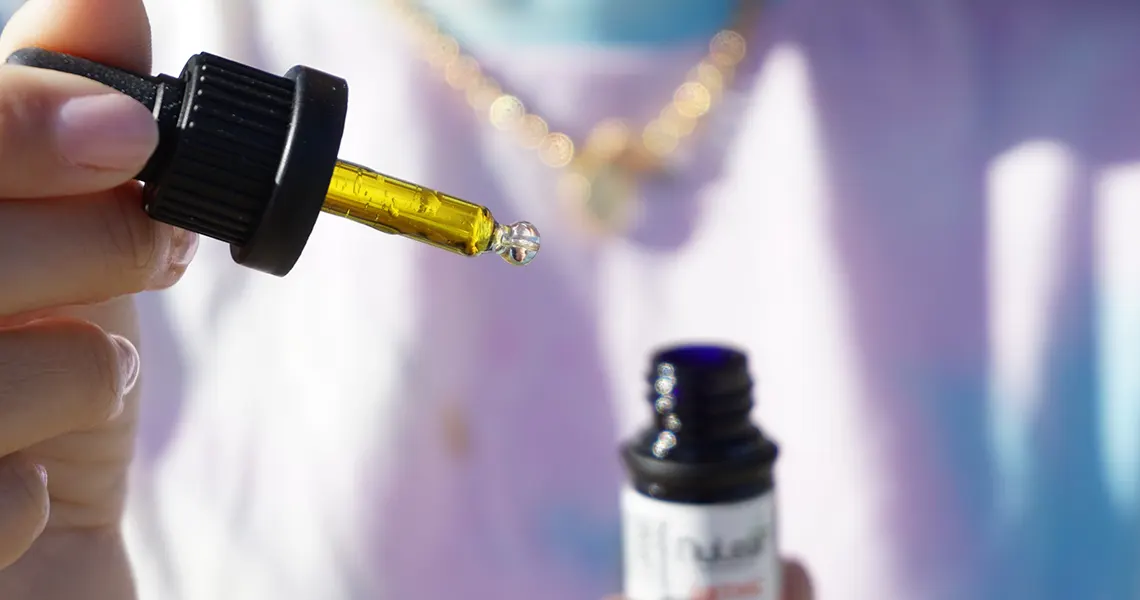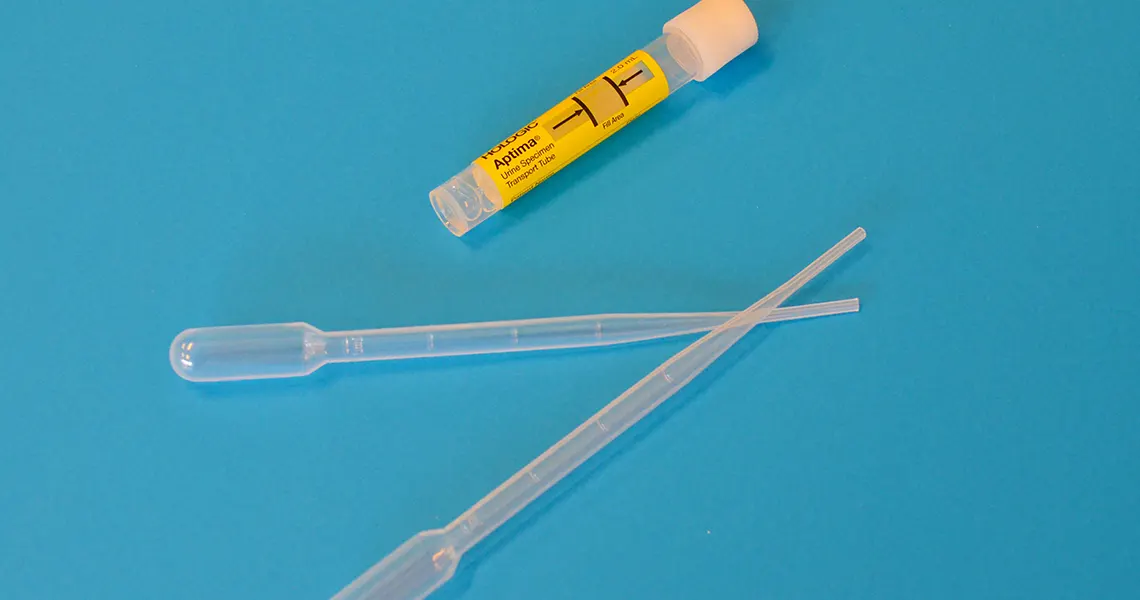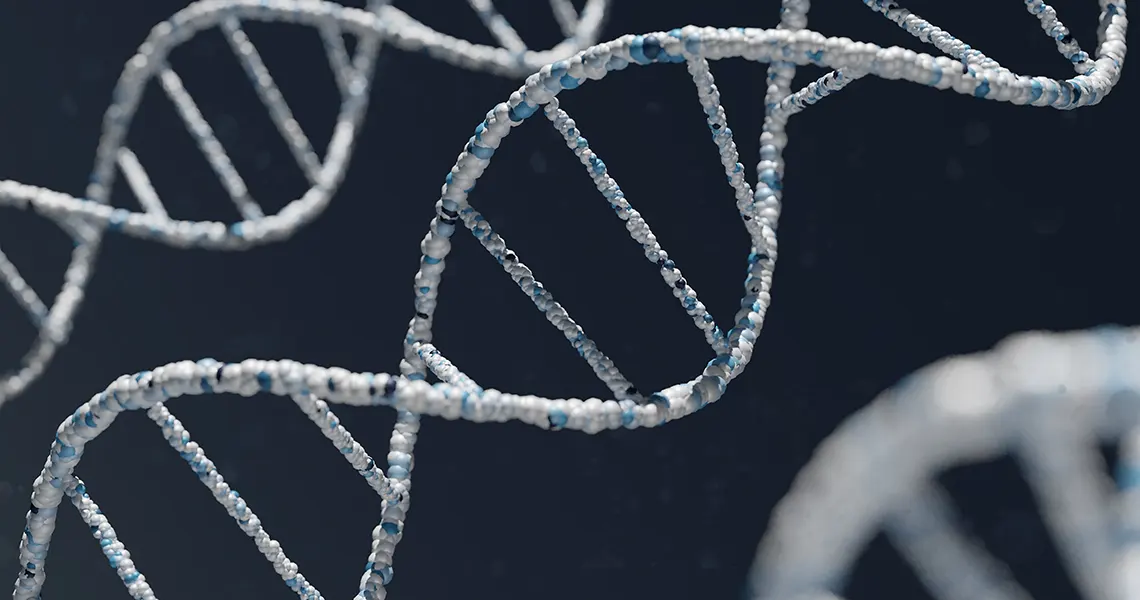
How long does CBD stay in your urine?
Despite being non-intoxicating and safe for consumption, the CBD treatment has earned a lot of flak for its association with THC. That’s the psychoactive substance found in the cannabis plant.
Naturally, this has led to some concern over how long these substances last in our systems and remain detectable in urine. Modern urinary drug tests aren’t designed to pick up on CBD, but unfortunately, THC is among the substances these tests search for.
There are several contributing factors to consider here:
- which kind of CBD product you’re taking
- your dosing and administration routine
- your habits and physical makeup.
Everyone’s body is different and so there is no clear answer on how long THC can be found in your system. You’ll need to seek out the advice of your doctor to work out an ideal treatment schedule that confirms to your screening requirements.
Important points for discussion include:
- the difference between full-spectrum, broad-spectrum and isolate CBD
- how CBD and THC work and are broken down in the body
- the dangers of unregulated CBD products.
The consequences of a failed drug test can be devastating in professional settings. The potential for THC to be detected in your system from infrequent use is relatively rare, but a key aspect to consider before committing to the treatment.
What are CBD and THC anyway?

Cannabidiol (CBD) and delta-9-tetrahydrocannabinol (THC) are products of the hemp and cannabis plants. The hemp plant alone contains over 100 plant compounds. Both substances are carefully extracted using specialised equipment. They are sold as oils, tinctures, vapes, edibles, ointments and more.
That’s where the full-spectrum, broad-spectrum and isolate classifications come into play.
The various means of extracting CBD and THC vary in their ability to extract more of the compounds found in hemp and cannabis. Namely, THC. Full-spectrum products contain 0.3% THC and broad-spectrum products contain trace amounts. Isolates are pure cannabidiol.
In other words, full-spectrum and broad-spectrum CBD present the risk of being detected by urinary drug tests. This chance increases with frequent usage as the compounds build up in the body.
To summarise, THC is:
- most commonly associated with ingesting marijuana
- thought to be the only reason for CBD users to fail a drug test
- absent in legal, regulated CBD isolates.
This highlights the importance of that regulation. Anyone looking online for cannabidiol products will run into hundreds, if not thousands of options. Unfortunately, a high number of these retailers’ products are manufactured outside of the TGA’s regulations.
This presents a more significant risk of contamination or disproportionate levels of THC. Regulated CBD is only available via prescription.
How do urinary drug tests work?

Urinary drug tests are designed to identify traces of various illicit substances. These include opioids, methamphetamines and, yes, THC.
They’re often requested by emergency staff, general practitioners and places of employment. These tests can also be administered at home with a doctor’s guidance.
There are two kinds of urinary drug tests:
- the immunoassay
- gas chromatography/mass spectrometry (GC/MS).
The immunoassay is the cheapest and quickest to deliver results. However, they are known to occasionally produce a false-positive result. In other words, the test may falsely indicate drug use. The GC/MS is used as a backup. They are generally more costly than the immunoassay but are thought to be far more accurate overall.
Depending on where you take your test and the method used, you may receive results immediately or be made to wait for a more detailed report based on laboratory testing.
Interestingly enough, studies have shown that certain methods of testing do not produce false-positive results for THC from CBD usage.
How long is THC from CBD detectable in urine?

As we’ve alluded to, there is no simple answer to how long CBD, or more accurately THC, will be detectable in your urine. Various factors influence this.
These include:
- genetics, weight, body fat percentage, height and age
- how frequently you use cannabidiol
- the time since your last dose
- the amount of CBD (in mg) that you take.
CBD is stored in the fat cells, meaning that body mass plays a critical role in how quickly the compound is broken down. A balanced diet and regular exercise will go some way in ensuring that the compound leaves your system faster.
The half-life of cannabidiol is around 1 – 2.5 days, but the compound can be detected by urinary drug screening for as long as 2 weeks after administration. However, this can vary significantly. For safety’s sake, consider the possibility of the compound being detected for up to 1 month.
That is, once again, why talking to your doctor should be your first recourse. They can help you to plan and maintain a treatment routine in line with your own needs and conditions.
Summary
How long the THC from cannabidiol treatments can be picked up on in your urine is down to the individual. Your physical makeup, including weight, age and height, all play an important part in how long it takes for your body to metabolise the compound.
Generally, urinary drug screening can detect THC from CBD for up to 1 month.
Just remember that this depends on the product, dose and frequency of use. Only full-spectrum and broad-spectrum cannabidiol contain THC at all. This emphasizes the critical role of proper regulation for manufacturers.
Unregulated products risk contamination or levels of THC that differ from what the labels claim. To avoid positive results for a drug test, stick to low-dose isolates or confer with your doctor.
